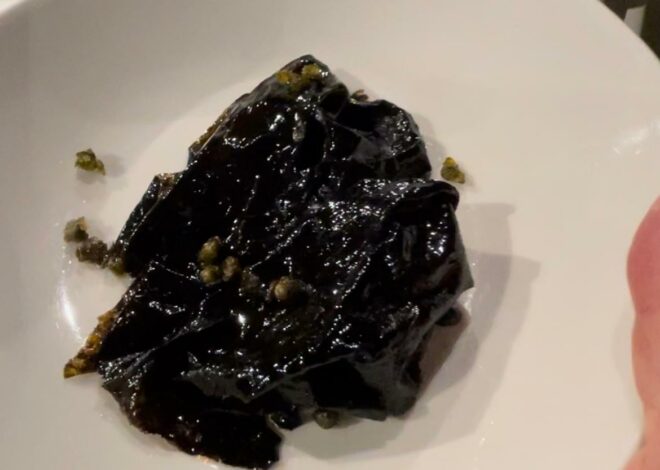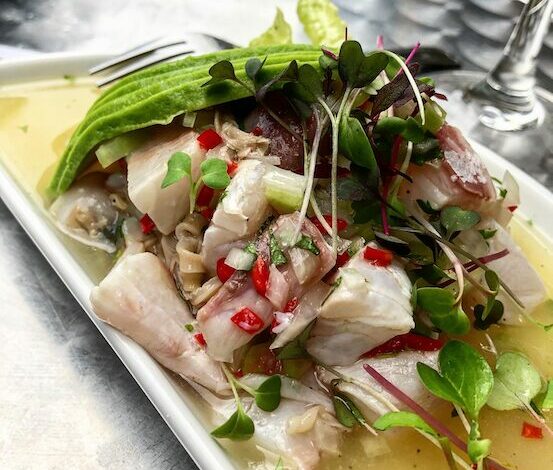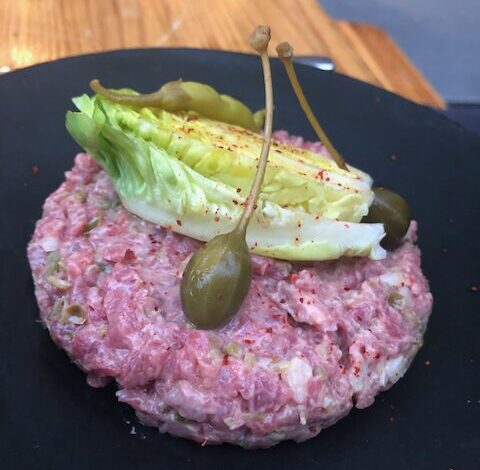
Inside the World of Txokos
In the world of Basque dining, there’s a fascinating and somewhat secretive tradition known as “txokos.” They’re like exclusive dining clubs, and while they may sound romantic and mysterious, they’re not exactly what they seem.
To get into one of these txokos, you usually need an inside connection, a member to vouch for you. It’s not too hard to find a friendly Basque willing to invite you, but the real challenge is getting a membership because there’s often a long waiting list. Think of a txoko as a foodie version of a sports club.
In San Sebastian, a city with 180,000 residents, there are about 100 of these clubs. Originally created as places for recreation and camaraderie, they quickly expanded their role in organizing various events, contributing to the unique dining culture in the region. During the reign of Francisco Franco, txokos served as one of the few places where Basque culture could be openly celebrated.
These culinary clubs aren’t limited to the Basque Country; you can find them in Basque communities worldwide, like Mexico, the USA, Uruguay and Argentina. However, attempts to replicate this model outside Basque communities haven’t been very successful, as far as I know.
The term “sociedad gastronómica” in Spanish might make you think these are places where intellectuals gather to discuss the origins of cod omelets or the deconstruction of parsley. That’s not quite the case. As a friend wisely put it, “The word ‘society’ weighs more than ‘gastronomic.’ People gather here to socialize, and while food is important, it doesn’t overshadow the camaraderie.”
In the Basque Country, where good food is a given, members from different groups come together to share the kitchen and dining area, each doing their thing. It’s common to see parents showcasing inherited recipes, like lobster rice or hake kokotxas in green sauce.
A visit to a txoko often includes a lively group of young people enjoying the space without the time and budget constraints of a restaurant or bar. The plan is simple: you need a local friend to invite you, and when you’re invited to cook, it’s a good idea to respect local tastes. Txokos are known for their top-notch kitchens and a focus on local ingredients. Meals are more affordable compared to restaurants, and evenings typically involve three courses prepared by members, followed by social activities like card games or singing.
I have a friend who, after traveling the world and taking cooking courses in every country, always dreamed of cooking in a txoko. He had the brilliant idea of making a Thai curry. Epic fail. You see, the Basques are quite traditional when it comes to their cuisine, with a well-defined spectrum of flavors and textures. They like what they like, and strong spices aren’t usually their thing. In txokos, they tend to stick to classic, time-honored dishes, nothing too wild or exotic.

Now, let’s tackle the controversial issue of women in txokos. When you take a look at many old photos from public places, it’s a common sight to see large groups of, well, just men in suits. It was in this historical context that the txokos were born, back in the late 19th century, and they were strictly “men-only” clubs. A friend of mine born in the ’60s says, “They were old-fashioned and stuck in the past. It was an unpleasant atmosphere, with only men smoking, playing cards and gossiping in their little world. But about 30 years ago, this began to change because even the members didn’t want it to be that way. However, these things still exist. The txokos in the old part of town or the yacht club still maintain this policy.”
While there are still some all-male event controversies in the Basque Country, like traditional parades, I’ve personally witnessed women cooking in the kitchens of every txoko I’ve visited. Female chef friends have even told me they’ve cooked in kitchens where it was supposedly not allowed these days.
In a txoko, you’ll find all sorts of traditional Basque dishes. There’s a policy of everyone serving themselves drinks, and you settle the bill at the end, and the best part is that membership includes cleaning staff, so you don’t have to wash pots or dishes. It’s all about enjoying good food and good company in a unique and time-honored setting.



